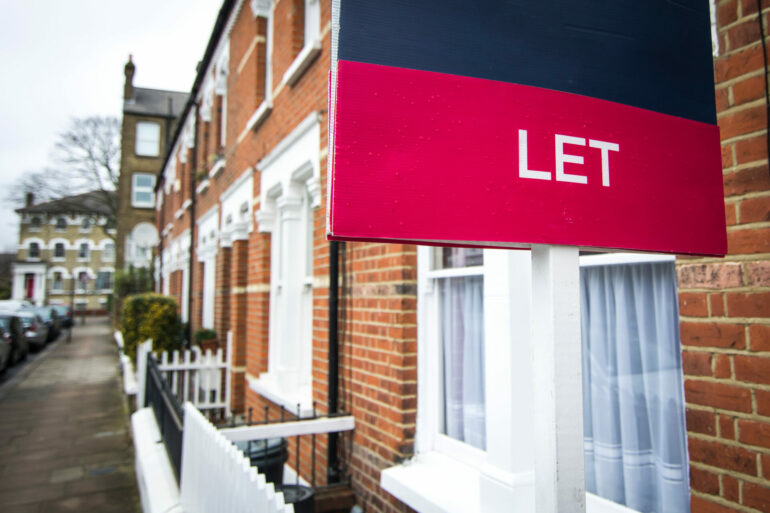The rapid increase in adults moving out of their parents’ homes post-pandemic has significantly contributed to the unprecedented surge in demand for private rented accommodations and record rent inflation, according to analysis by Generation Rent.
The study shows that during the pandemic, the number of adults living with parents in the UK increased by 300,000. After the lifting of pandemic restrictions, the same number rapidly moved out, spurring growth in the private rental sector.
Data on tenancy deposits reveal a corresponding trend, with the number of protected deposits growing at twice the rate in the past two years compared to 2020-21. Rising rents are discouraging tenants from moving, contributing to a decrease in the number of homes listed for rent.
To address these challenges, Generation Rent calls on the government to increase Local Housing Allowance to cover market rents for renters receiving benefits, boost the construction of new social housing, and place limits on in-tenancy rent increases.
The study used ONS figures to track the numbers of adults living with parents. The data showed a significant increase from 6.66m 15-34 year olds in Q2 2019 (40.1% of the total) to 6.97m (42.3%) in Q2 2021. However, with the reopening of offices and universities in the summer of 2021, many young adults moved back into cities and the rental market.
Freedom of Information data indicates that these young adults predominantly moved into private rented homes, resulting in an increase in the number of protected deposits. This contradicts concerns that the rise in rents is due to a shrinking private rented sector.
Rent inflation in the UK hit 12.3% in the 12 months to July 2022, and 17.8% in London, reversing the trend of falling rents in 2020-21.
Dan Wilson Craw, acting director at Generation Rent, said: “The pandemic’s reverberations are still making life miserable for private renters. They face fierce competition for new tenancies and are vulnerable to unaffordable rent increases imposed by landlords who want to cash in on rising market rents.
“The failure to build enough homes in recent decades and the welfare system’s inability to respond to rising rents have left renters on low incomes even more exposed to the cost of living crisis.”




